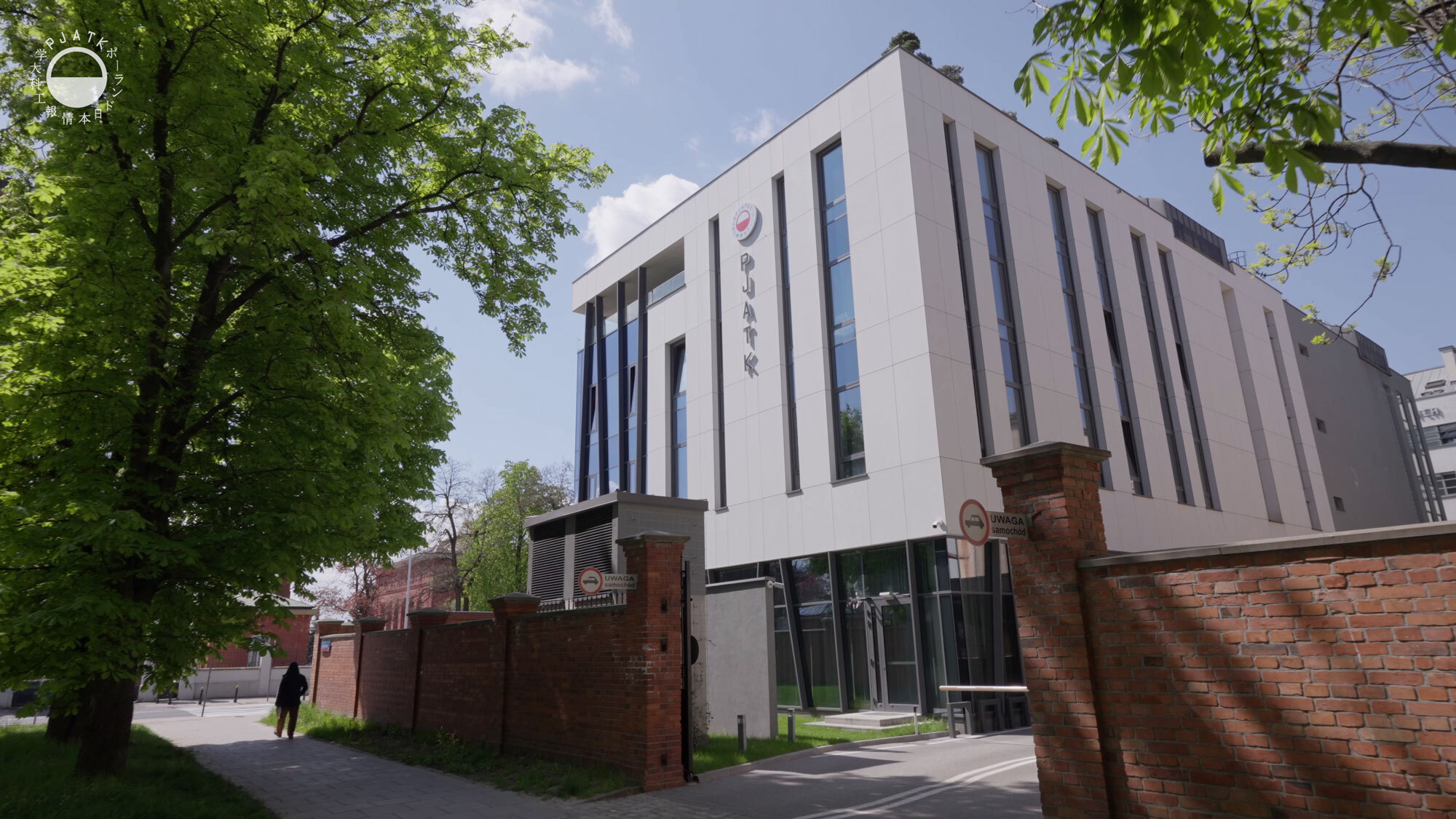Home » Blog » Education in Poland » Public vs. Private Universities in Poland: Which One is Right for You?

Public vs. Private Universities in Poland: Which One is Right for You?
Choosing a university abroad is never easy. For international students looking at Poland, one of the first big questions is whether to study at a public or a private university. Both offer excellent opportunities, but the right choice depends on your goals, budget, and expectations. Here’s a clear comparison to help you decide.
Academic Reputation and Quality of Education
Public universities in Poland are often long-established institutions with a strong academic tradition. Their history and research background make them well-respected not only in Poland but also across Europe. Many of them appear in international rankings, which can be important for students who are considering a global career or further studies abroad. Programs at public universities are usually research-oriented, offering access to experienced faculty, academic conferences, and opportunities to participate in projects with international partners.
Private universities, on the other hand, are generally younger institutions. Instead of focusing on tradition, they tend to emphasize innovation and specialization. Many offer programs tailored to modern industries such as business, technology, or media. Their teaching style is often more practical, giving students skills directly applicable in the job market. For students who prioritize hands-on experience, internships, and networking with employers, private universities can be an attractive choice.
Tuition Fees and Scholarships
One of the most important factors for international students is cost. Tuition fees at public universities in Poland are usually lower compared to private ones. This makes public education a very cost-effective option, especially when combined with Poland’s relatively affordable cost of living. Public institutions may also provide access to government-funded scholarships or exchange programs within the European Union.
Private universities charge the same or sometimes higher tuition fees, but the cost often reflects the services provided. Students may benefit from more modern facilities and additional support, such as career counseling or language courses. Many private universities also offer merit-based scholarships, discounts for outstanding students, or flexible payment plans. For some, the investment pays off through greater individual attention and a smoother start to professional life.
Teaching Style and Class Size
At public universities, classes often bring together larger groups of students, which creates a dynamic academic atmosphere and the chance to exchange ideas with many peers. This environment encourages independence, self-discipline, and the ability to organize one’s own learning process. Professors are highly qualified experts, and their lectures provide a solid academic foundation that helps students develop resilience and strong analytical skills.
At private universities, groups are typically smaller, allowing for more interactive learning. Students can take part in open discussions, work closely with lecturers, and engage in case studies, group projects, or practical assignments. This approach fosters collaboration and helps students apply knowledge directly in real-life situations.
International Environment and Support Services
Both public and private universities in Poland are highly welcoming to international students and actively support their adaptation. Public institutions often attract large, diverse student communities, which creates a vibrant multicultural environment and many opportunities to connect with peers from different backgrounds. They also provide access to student organizations, cultural events, and exchange programs that help newcomers feel part of the academic community.
Career Opportunities and Networking
Public universities are an excellent choice for students interested in research, academia, or traditional professions. They provide a strong theoretical foundation and often maintain partnerships with international academic networks. For students planning to pursue master’s or doctoral studies, a degree from a public institution can be a valuable asset.
Private universities, meanwhile, are typically more career-driven. Many maintain partnerships with companies and invite professionals from the industry to teach courses or deliver guest lectures. Internships, workshops, and job fairs are often integrated into the study experience. For students who want to start building their careers even before graduation, the connections provided by private universities can be a major advantage.
Student Experience and Lifestyle
Studying at a public university often means becoming part of a large academic community with hundreds or even thousands of peers in the same faculty. This creates a vibrant student life filled with clubs, organizations, and cultural events. It’s a great way to experience Polish traditions while also joining an international network of friends.
Private universities usually offer a more close-knit community. Students often know each other well, and networking with peers can feel easier in smaller groups. The focus is often on building strong personal and professional relationships, which can continue long after graduation.
Both public and private universities in Poland provide excellent opportunities, but they serve slightly different needs. Public institutions are ideal for students who value affordability, academic prestige, and strong research traditions. Private universities are better suited for those who prefer smaller classes, practical teaching methods, and strong career connections.
No matter which option you choose, Poland offers a welcoming environment, a growing international community, and degrees that are recognized across Europe. With the right guidance, you can find the path that matches your goals and helps you build a successful future.
Similar articles
Other chapters
Apply now
We will select the field of study, educational institution, and explain the admission process in detail for you. Free consultation.
We respond as quickly as possible!










